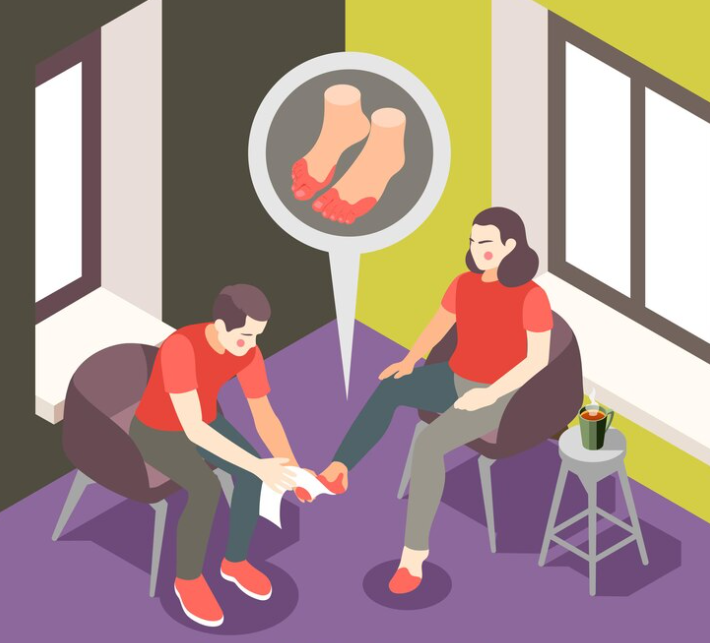
The Role of Hormones in Joint Pain in Athletes: Prevention and Management Strategies
Athletes push their bodies to the limit, but sometimes that can lead to joint pain. Hormones play a part in this too. Let’s explore how hormones affect joint pain in athletes and what they can do to prevent and manage it.
Understanding Hormonal Influences on Joint Pain in Athletes
Hormones are like conductors in an orchestra, directing various bodily functions, including how joints feel. When hormones are out of balance, it can impact joint health. Here’s how hormonal imbalances can affect joint pain in athletes:
1. Estrogen: Fluctuations in estrogen levels, especially in female athletes, can affect ligament laxity and joint stability, increasing the risk of injury and pain.
2. Cortisol: High cortisol levels due to intense training or stress can lead to inflammation and joint pain.
3. Testosterone: While testosterone supports muscle growth and strength, imbalances can affect recovery and increase the risk of overuse injuries.
Prevention and Management Strategies for Athletes
Athletes can take proactive steps to prevent and manage joint pain:
1. Strength Training: Building strong muscles around joints provides better support and stability, reducing the risk of injury and pain.
2. Proper Nutrition: Eating a balanced diet rich in vitamins, minerals, and omega-3 fatty acids supports joint health and reduces inflammation.
3. Rest and Recovery: Adequate rest and recovery periods between training sessions allow muscles and joints to repair and strengthen, reducing the risk of overuse injuries.
4. Cross-Training: Incorporating different types of exercises, such as swimming or cycling, reduces repetitive strain on joints and prevents overuse injuries.
5. Listen to Your Body: Pay attention to warning signs of joint pain or discomfort and adjust training intensity or technique accordingly to prevent injuries.
Conclusion
Hormones play a significant role in joint pain for athletes, but with proper prevention and management strategies, they can keep their joints healthy and perform at their best.
To seek medical advice, always consult a Doctor. Here are our recommended experts. Click Here
To read more on Joint Pains. Click Here


